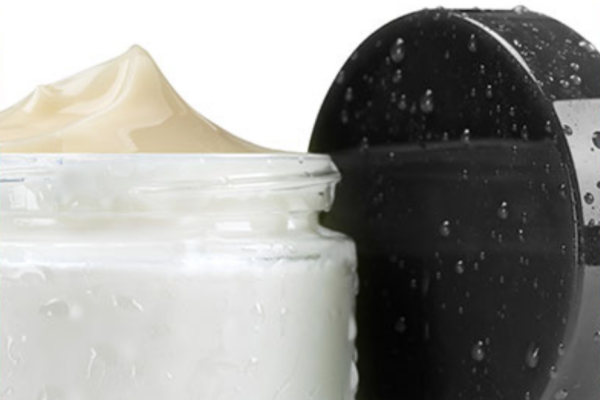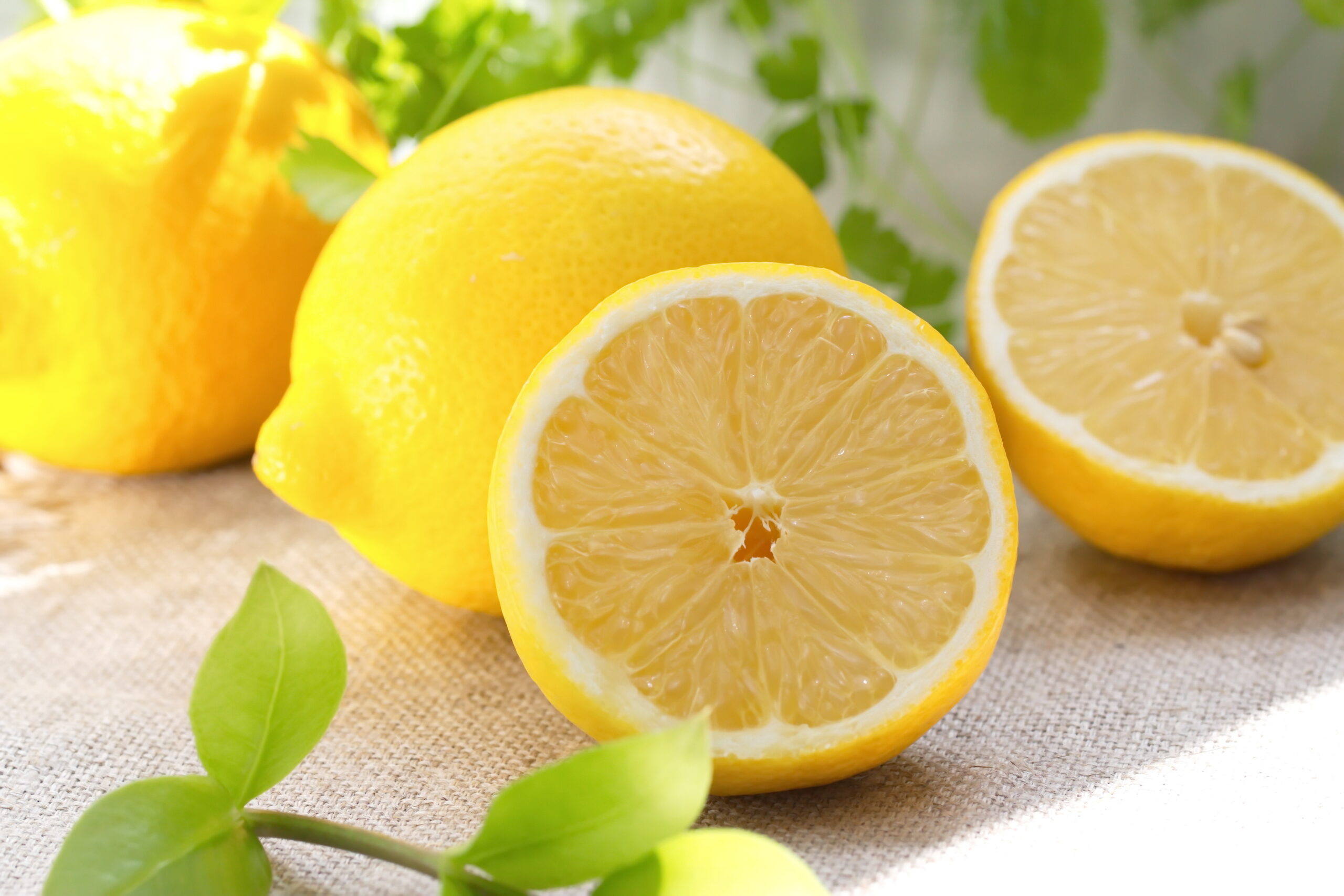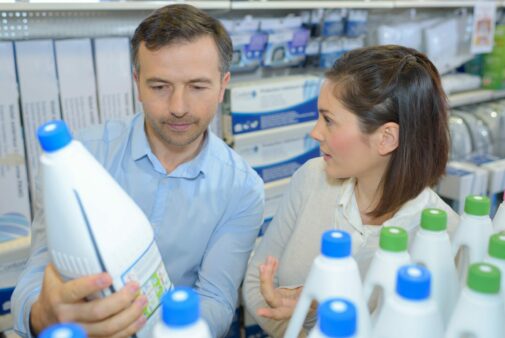Key Points/Overview
Ascorbic acid is a nutrient the human body needs in small amounts to function, and it can help prevent cell damage caused by free radicals—unstable molecules that can damage cells. It can also help the human body fight bacterial infections.
Cosmetics and other personal care products may include less acidic forms of ascorbic acid, which can act as antioxidants to slow product deterioration.
In industrial applications, ascorbic acid is used as a developing agent and preservative in photo production, water purification, and fluorescence microscopy—a tool for understanding cell biology. Ascorbic acid helps bring about the chemical reaction that makes plastic.
The FDA states that ascorbic acid is a generally recognized as safe substance for use as a chemical preservative in foods and as a nutrient or dietary supplement. The Cosmetic Ingredient Review states that ascorbic acid and its salts are safe for use in cosmetic and personal care products.
Uses & Benefits
Ascorbic acid is a nutrient that the human body needs in small amounts to function and stay healthy. An antioxidant, ascorbic acid can help prevent cell damage caused by free radicals —unstable molecules that can damage cells. It also helps prevent and treat scurvy.
According to the U.S. National Cancer Institute, ascorbic acid can help the human body fight bacterial infections and help form collagen, an important protein in fibrous tissue, teeth, bones, skin and capillaries.

Food and Beverages
Vitamin C occurs naturally in many fresh fruits and vegetables, from oranges and grapefruits to broccoli, Brussel sprouts and tomatoes. In these foods however, vitamins can be diminished by heat, boiling water or air.
Many foods are fortified with ascorbic acid to help replenish vitamin C content that may be lost in these ways. Ascorbic acid is often added to fruit juices, cereals, fruit-flavored candies, dried fruit, cured meats and frozen fruits, to fortify or add a citrus flavor.
Ascorbic acid also acts as a preservative to keep food such as bread, cured meats, jams and jellies, from spoiling.

Personal Care Products & Cosmetics
Cosmetics and other personal care products may include less acidic forms of ascorbic acid, such as calcium ascorbate, magnesium ascorbate, magnesium ascorbyl phosphate, sodium ascorbate and sodium ascorbyl phosphate, which act as antioxidants to slow deterioration of the finished product caused by exposure to the air and also to control the pH of the product.

Industrial/Manufacturing Uses
Ascorbic acid is used in a range of industrial and manufacturing applications, including as a developing agent and preservative in photo production, and in water purification, where it is used to help remove the taste of iodine in sterilized, potable water. Scientists also use ascorbic acid in fluorescence microscopy, an essential tool to understanding cell biology. In this application, ascorbic acid helps increase fluorescence, making cells more visible to researchers. In plastic manufacturing, ascorbic acid helps bring about the chemical reaction that makes plastic.

Safety Information
Numerous scientific bodies have reviewed the safety of ascorbic acid in consumer products.
- The U.S. Food and Drug Administration (FDA) states that ascorbic acid is a generally recognized as safe (GRAS) substance for use as a chemical preservative in foods and as a nutrient or dietary supplement.
- The Cosmetic Ingredient Review (CIR) Expert Panel states that ascorbic acid and its salts are safe for use in cosmetic and personal care products.
- The U.S. National Cancer Institute (NCI) states that ascorbic acid is a nutrient that the body needs in small amounts every day to function and stay healthy.


